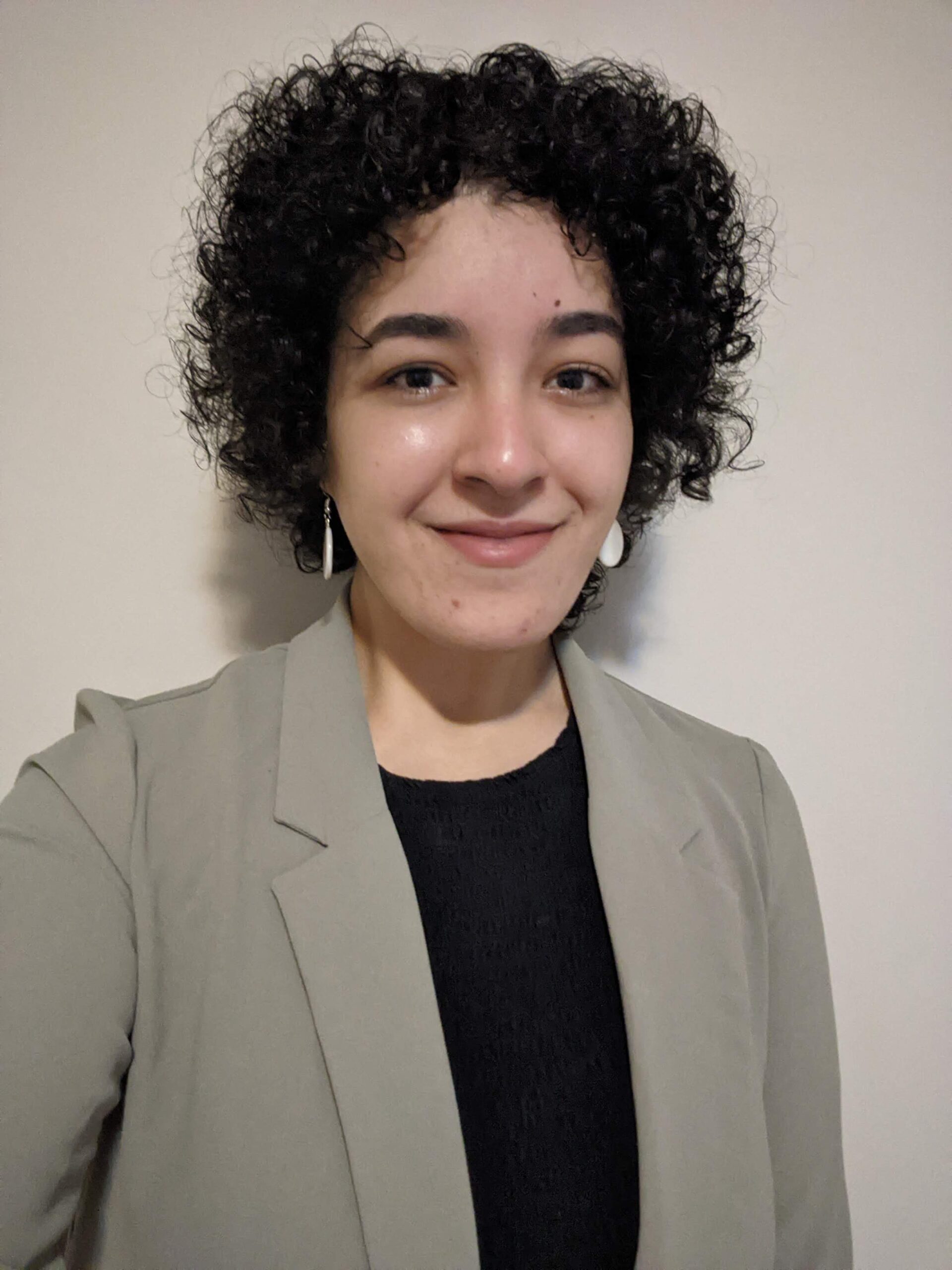
Supporting Immigrant Women: Changing Together
In 2021, the City of Edmonton released its annual report on the state of immigration and settlement. The boundaries of Edmonton is home to vast amounts of (im)migrants, from temporary, permanent, and refugees connecting to amiskwacîwâskahikan (ᐊᒥᐢᑿᒌᐚᐢᑲᐦᐃᑲᐣ, Beaver Hills House) land. Among the critical research produced in the annual report, the connection between Indigenous peoples and immigrants links land with embodied experiences. With this in mind, immigrants are also arriving from colonial countries, bridging shared understanding, compassion, and empathy.
In applying a colonial understanding of Canadian immigration, patterns emerge in which racialized women experience increased barriers to education, housing, employment, and civic engagement. Notably, childcare is among the most significant obstacles to securing long-term, secure employment. For low-income earners, part-time, and casual staff, childcare can sometimes cost more than one’s entire income. Furthermore, discriminatory hiring practices lead to unemployed or underemployed racialized immigrant women due to stereotypes and biases that encourage the disposable nature of women who may eventually take maternity leave.
Even though Canada offers more paternity leave, the fundamental attitudes entrap women into childrearing. Therefore, equitable services for women remain a policy issue rather than a social issue. As a result, many Canadian discourses on women’s integration into the workforce center on government action and inaction. Therefore, by reducing immigrant womens’ capacities to participate in social, economic, and political institutions fully, Edmonton reduces innovation, creativity, and entrepreneurship.
Changing Together: A Center for Immigrant Women
Over the past thirty years, Edmonton’s Center for Immigrant Women has engaged, empowered, and encouraged immigrant women’s personal and professional success. As a grassroots, local initiative, the organization links immigrant women to support programs and resources focusing on English proficiency, employment, schooling, family, and personal counselling.
The significance of ‘changing together’ not only refers to integrating immigrant women into social, economic, and political systems, it also refers to the collective appreciation of diverse cultural experiences. Included in cultural backgrounds is tolerance for family violence, especially violence aimed at women and children. For this reason, Edmonton’s Center for Immigrant Women acknowledges entrenched cultural expressions of domestic violence through trauma-informed programming.
Domestic Violence’s Lasting Impacts
It is important to note that instances of domestic violence are not isolated or relevant only to individual cases of violence. In contrast, domestic violence destabilizes family dynamics and instils helplessness and hopelessness.
“I object to violence because when it appears to do good, the good is only temporary. The evil it does is permanent.”
– Mahatma Gandhi on the power of non-violence
Further, domestic violence in immigrant households is often justified by holding different “cultural” values and interpretations of marriage. To examine the cultural dimensions of domestic violence, a model of Honour-Based Violence (HBV) is relevant to immigrant communities from patriarchal family systems. A patriarchal family structure refers to the unilateral dominance of men in the household.
Therefore, the intersections of nationality, culture, gender, sexualities, and age produce honour-based violence in racialized immigrant families and communities. Although the term ‘honour’ reflects the perpetrators’ intent to ‘protect oneself or family’s honour,’ examining the cultural dimensions of domestic violence is essential in providing support to Edmonton’s immigrant women.
For example, news coverage of Rajpinder Kaur Sehmbi’s murder in July 2010 failed to mention the violence Sehmbi experienced by her husband, a former mountie in southeast Edmonton. In turn, Sehmbi is added to the long list of Canadian domestic violence homicides.
Getting Connected Before It Gets Bad
As part of Edmonton’s efforts to support immigrant women, connecting them to supportive communities is crucial. In addition, establishing a support system for immigrant women makes them less likely to fall prey to violent, coercive, and unequal relationships.
With this in mind, the City of Edmonton has limitations to what and how their services are provided. For this reason, grassroots organizations such as Edmonton’s Center for Immigrant Women offer critical resources and supports to immigrant women and girls.
To contact Changing Together: A Center for Immigrant Women, see:
Mc Cauley School Building, 3rd Floor
9538 – 107 Avenue NW
T5H 0T7, Edmonton, Alberta
Phone:
(780) 421-0175
Relatable Information: Silence of the Workforce – Immigrants Women’s Employment in Canada.





